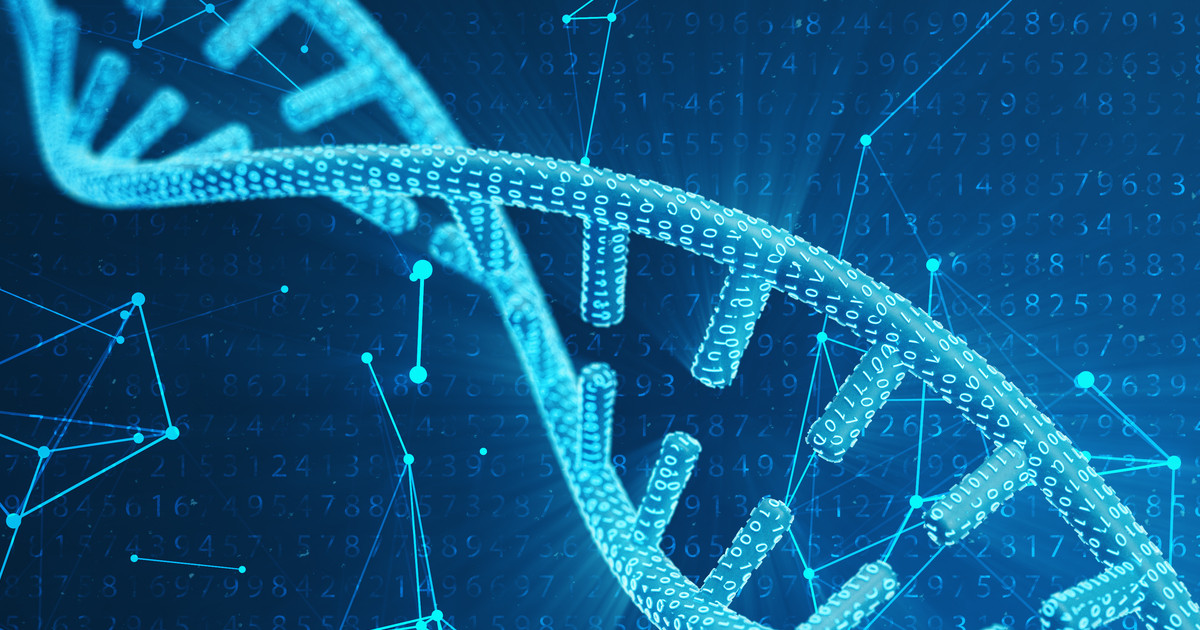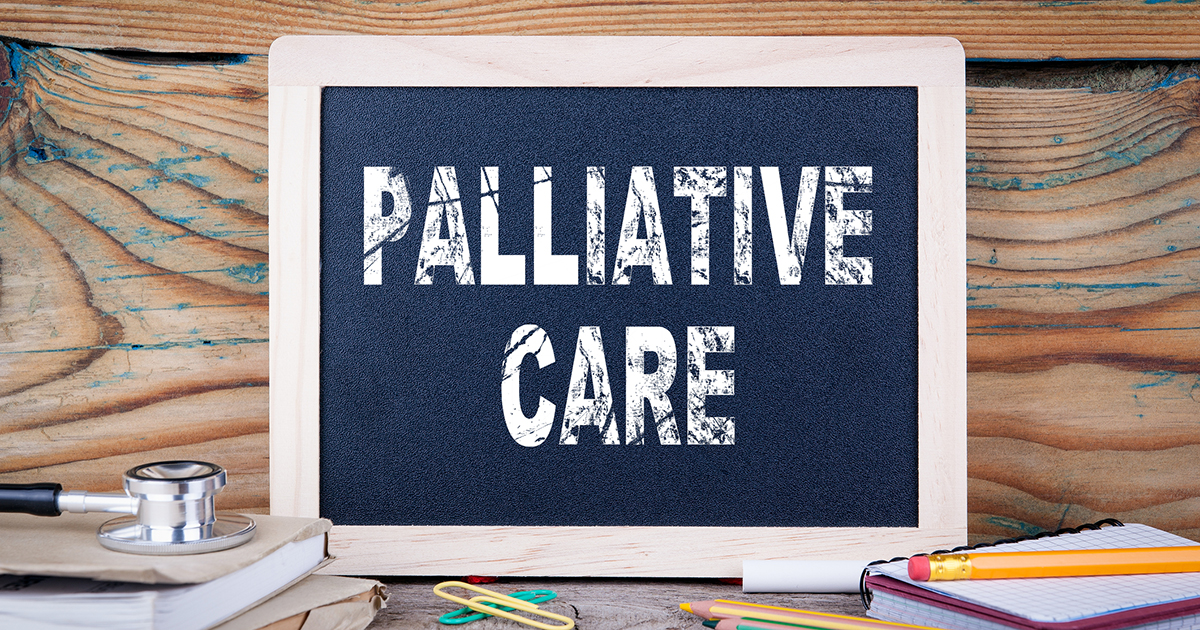Pancreatic Cancer 101: What You Need To Know
Causes

The exact causes of pancreatic cancer continue to keep scientists puzzled, but a few theories seem to hold a decent amount of weight. There is a strong link between a diagnosis and family history of pancreatic cancer, as well as specific gene mutations. Changes in the KRAS, BRAF, and DPC4 genes often occur, but there is still no specific reason behind these changes. Another option is there are inherited gene mutations, which means the changes are due to a change from a patient's parents. This increases the risk of developing cancer at a later time but does not necessarily guarantee it will happen.
Treatments

The difficult thing with getting adequate treatments for pancreatic cancer is it is usually diagnosed at more advanced stages, which may mean some options will not be too effective. Some patients opt to go straight for palliative care, which means treatment is aimed at keeping the patient comfortable. Side effects, like pain or nausea, are treated, but nothing is done to eliminate the tumor.
If an individual chooses to undergo surgery for pancreatic cancer, a medical team may decide on something called ablation or embolization. These types of surgery have a goal of destroying the tumors, which can be accomplished by trying to cut off their blood and nutrient supply, or by using extreme temperatures.
